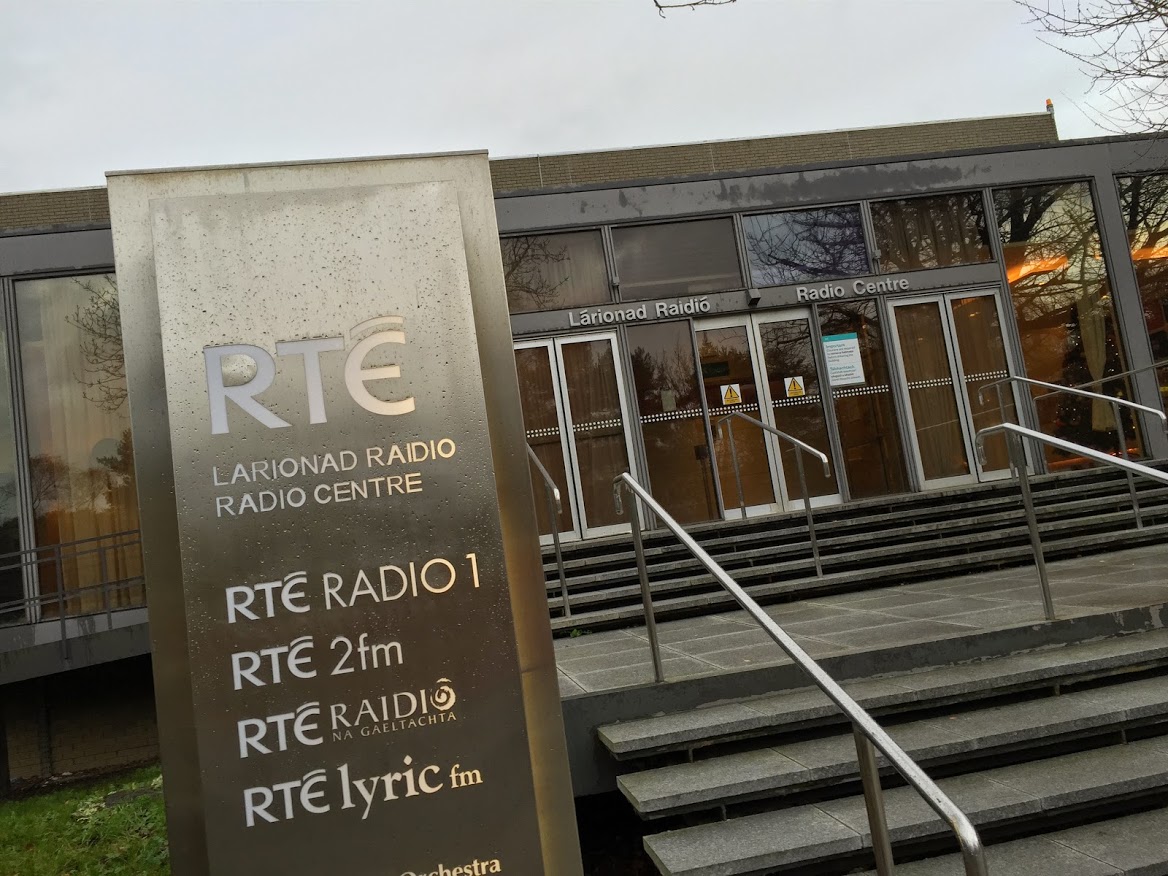
RTÉ is to close its digital radio stations including RTÉ 2XM, RTÉ Pulse, RTÉ Gold, RTÉjr Radio & RTÉ Radio 1 Extra as part of a major revised strategy to address key issues facing the organisation.
It says costs will need to be reduced by €60 million over three years (2020-2023), in addition to the reduction of 23% delivered by RTÉ between 2008 and 2018.
RTÉ says fees paid to its top contracted on-air presenters will also need to be cut by 15%, in addition to the 30+% cuts as agreed in previous years. Over 200 people will need to leave in 2020.
A number of DAB only services recently received investment, including the hiring of new presenters across the Gold schedule.
It also runs a national DAB multiplex, which also carries Radio 1 and 2FM, which is also set for closure.
Director-General of RTÉ Dee Forbes said on Wednesday evening: “Our intention was to brief staff in full this week. However, given the sad passing of our colleague Gay Byrne, a decision was taken to postpone until next week. With so much detail now in the public domain, our first priority was to contact all staff immediately with an update on the revised strategy, and plans. Below is the plan in summary.”
“We need to reduce staff costs—we will consult with staff and unions on a number of initiatives, to include pay freeze, tiered pay reductions, review of benefits, work practice reforms. The Executive Board will take a 10% reduction in pay; the Board of RTÉ will waive its fees.”
The current studio in Limerick will close in 2020; production of RTÉ lyric fm will move to Cork and Dublin.
Other changes announced include the creation of new visualised radio studios, more podcasts for a wide variety of tastes and interests, and investment in live and on-demand RTÉ Player services.
The RTÉ Guide is for sale, RTÉ Aertel will cease, and the RTÉ National Symphony Orchestra will transfer to the National Concert Hall. A new integrated media centre will be developed in Donnybrook, investing in new digital infrastructure.
Dee Forbes added: “The challenges in front of us are real. But RTÉ does have a plan, which we are confident can address many of the challenges we face and bring Ireland’s national public broadcaster to stability.
“However, Government needs to act to ensure there is a future for public service media in Ireland. I am clear about what role RTÉ should play in Irish life, but I am also clear that we cannot do it unless Government fixes the TV Licence system. We shouldn’t be under any illusions; we are in a fight – a fight to sustain a viable public media in Ireland.
“We remain in discussions with Government. We are doing all we can to return RTÉ to a stable financial position, but we will not be able to reinvent public media for future generations, nor fulfil our remit, without immediate reform of the TV Licence system.”

